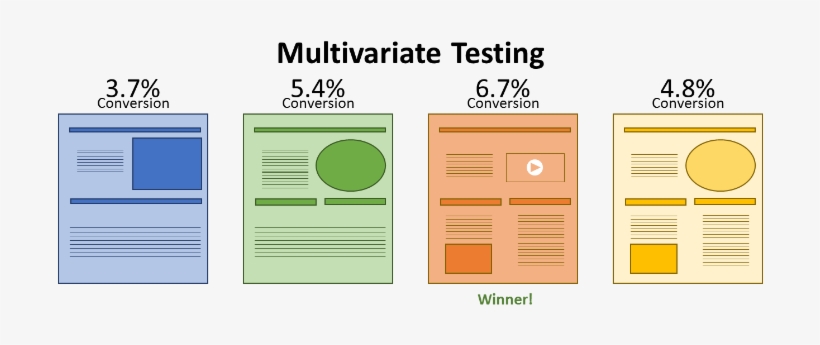Cost Per Click Advertising (CPC)
What is CPC?
When users click on a featured advertisement, the owner of the ad owes an agreed-upon amount to the website that has agreed to host it.
What is CPC used for?
The idea behind “Cost per click advertising” is advertising in which advertisers will be charged for each person when someone clicks on their ad. People who view their ad without clicking are not being charged for and count only as impressions, instead of clicks.
Sponsored ads can appear on web searches (at the top or side) and related websites. When visitors see a “sponsored ad,” they will know that it is a CPC opportunity.
The price of a click may vary, depending on the popularity of keywords and demand for ad space. For instance, an “custom cards”-focused keyword will cost more at end-of-year holiday websites than in the middle of summer; it will also cost more if displayed on less relevant sites.
Some internet marketers prefer the low-risk nature of online ads relying on their high success rate, more than traditional TV commercials and/or print advertisements.
Are there any dangers of CPC advertising?
Unfriendly competitors often create malicious clicks on their ads, which can cost a company money and resources. Web-based companies are coming up with systems to beat these friendly foes.




